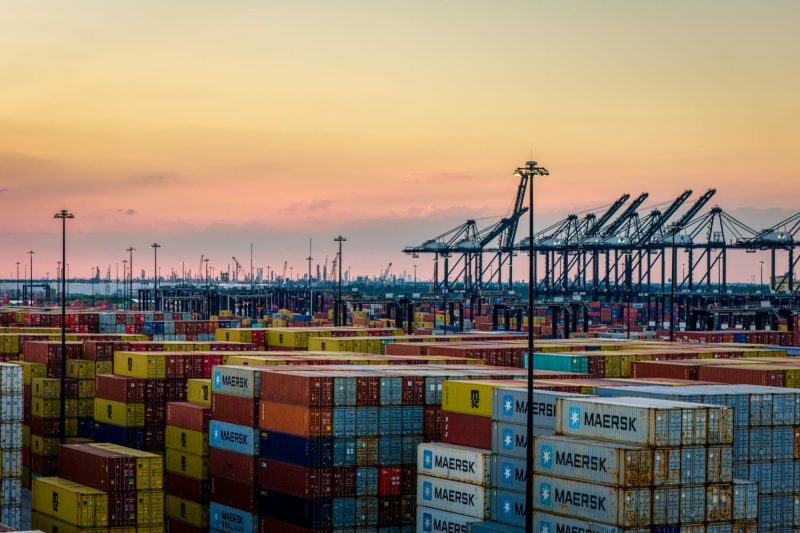In recent news, concerns have arisen regarding the possibility of a major maritime strike that could potentially threaten ports across the East Coast of the United States. The impact of such a strike would not only disrupt the flow of goods and services but also have far-reaching consequences for the economy and supply chains.
The maritime industry plays a crucial role in global trade, with ports serving as vital hubs for importing and exporting goods. Any disruptions to port operations can have a ripple effect on various industries, leading to delays in deliveries, increased costs, and potentially significant economic losses.
One of the key issues leading to the possibility of a maritime strike is the ongoing labor disputes between workers and management. The demand for better wages, working conditions, and benefits has been a contentious issue, leading to tensions between labor unions and port authorities. If these disputes are not resolved swiftly and amicably, they could escalate into a full-blown strike, paralyzing port operations and causing widespread disruptions.
The threat of a maritime strike also raises concerns about national security and preparedness. Ports are critical infrastructure that plays a vital role in the country’s defense and emergency response capabilities. Any prolonged disruption in port operations could hamper the military’s ability to mobilize resources and respond to potential threats, putting national security at risk.
Furthermore, the implications of a maritime strike extend beyond the economic and security realms. Consumers could also feel the impact, as disruptions in port operations may lead to delays in the delivery of goods, affecting the availability of essential products and potentially driving up prices. Businesses relying on timely shipments of goods may face challenges in meeting customer demands, leading to a loss of revenue and market share.
To mitigate the risks associated with a potential maritime strike, stakeholders must engage in constructive dialogue and negotiations to address the underlying issues causing tensions. Finding common ground and reaching mutually beneficial agreements is essential to prevent disruptions that could have devastating consequences for the economy and national security.
In conclusion, the threat of a major maritime strike looms large over ports across the East Coast, highlighting the urgent need for proactive measures to resolve labor disputes and prevent disruptions to port operations. Stakeholders must work together to find solutions that prioritize the interests of both workers and management while ensuring the continued smooth functioning of the maritime industry. Failure to address these challenges could have far-reaching implications that extend beyond the confines of the ports, impacting the economy, national security, and everyday consumers.

